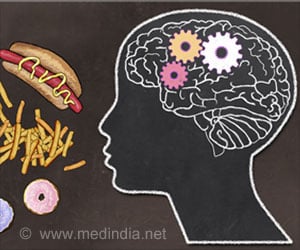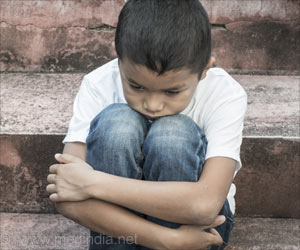Children who underwent trauma from abuse or violence early in life show suffer more health ailments in old age than children who have never experienced adversity.

The Health Impact of Childhood Trauma: An Interdisciplinary Review, 1997-2003
Go to source).
‘Childhood trauma increase the likelihood of difficulty in walking, carrying out daily activities, and memory problems as we age. #Aging #ChildhoodTrauma #MemoryLoss’





They found that those who experienced violence in childhood were 40% more likely to have mobility impairment and 80% more likely to have difficulty with daily activities. Those who came from unhappy families were 40% more likely to have at last mild cognitive impairment. These findings appeared in the Journal of General Internal Medicine.Childhood Trauma: Origin for a Lifetime of Ailments
Almost 60 percent of adults in the U.S. have experienced one or more types of adverse childhood experiences (ACEs) that can undermine a child’s sense of safety or stability, according to the Centers for Disease Control and Prevention (CDC).This is associated with chronic physical and mental health issues, including cardiovascular disease, diabetes, autoimmune disease, and depression. But there’s little research documenting the health implications of ACEs across the full lifespan, even though older adults bear the greatest burden of most health conditions (2✔ ✔Trusted Source
The impact of childhood trauma on psychosocial functioning and physical health in a non-clinical community sample of young adults
Go to source).
In 2021, California became the first state to mandate commercial insurance coverage for screening for early stressful or traumatic experiences in both children and adults. Eight other states are considering or implementing similar legislation.
This type of screening, however, remains controversial due to an unclear impact on long-term health and a possible burden on the health care system.
Drawing upon data from the National Social Life, Health and Aging Project, a national cohort of older U.S. adults, the new study examined nearly 3,400 participants, slightly more than half female, who were 50 to 97 years old and lived in community settings. Participants were asked about ACEs and underwent tests of balance and walking, as well as cognition and memory. Their difficulty with performing the activities of daily living was also assessed.
Advertisement
This raises implications for geriatric care: early recognition of childhood trauma may be useful in identifying adults who might benefit from screening or prevention strategies for aging-associated functional decline.
Advertisement
- The Health Impact of Childhood Trauma: An Interdisciplinary Review, 1997-2003 - (https://www.tandfonline.com/doi/abs/10.1080/01460860590950890?journalCode=icpn20)
- The impact of childhood trauma on psychosocial functioning and physical health in a non-clinical community sample of young adults - (https://journals.sagepub.com/doi/10.1177/0004867419881206)
Source-Eurekalert















